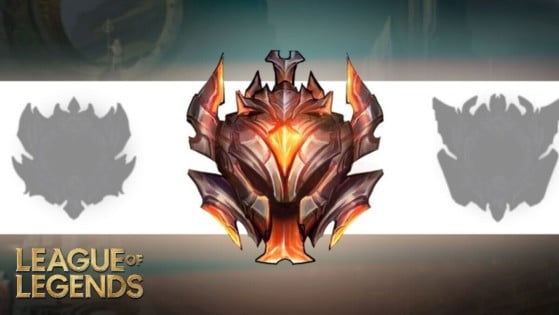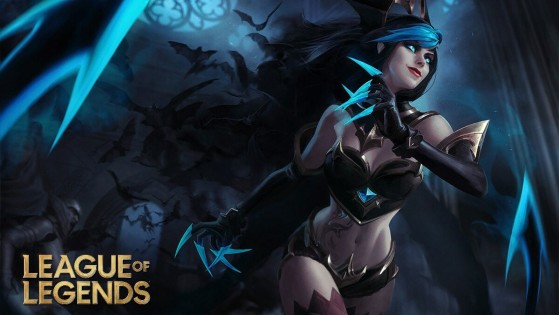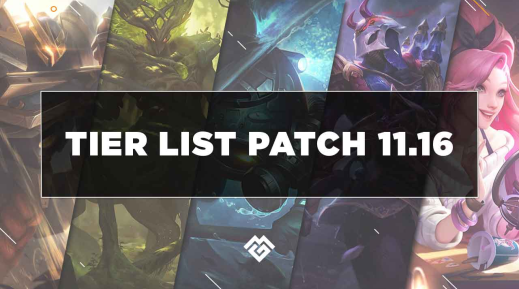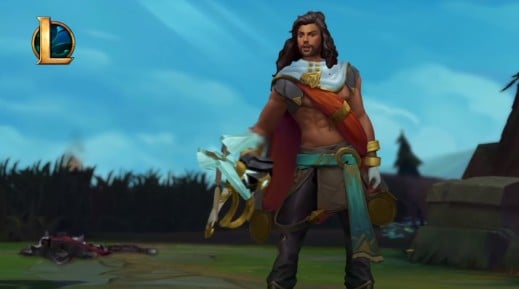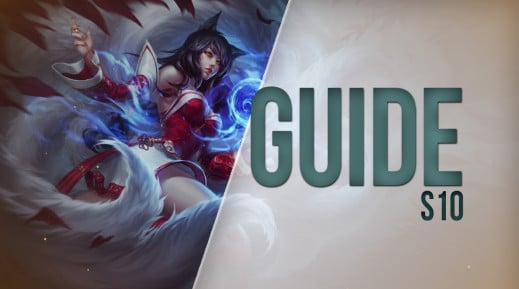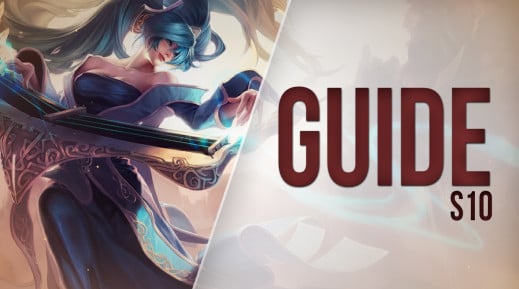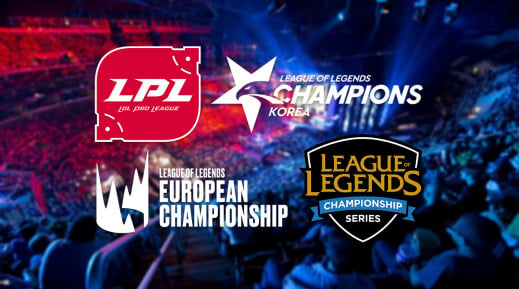League of Legends is an online game with millions of users. Although not all of them play SoloQ , it is true that this game mode remains very popular. This implies that if the system wants to be fair, it must play between them summoners of equivalent level, until the system can check if a player has really improved his level. But how long can it take?
LoL has a division system , which makes us climb from Bronze IV to Bronze I and then play a promotion phase to reach the next level: Silver. Using a recent Reddit post in which user Byepolarpolarbear calculates how many games it takes to pass metal, we did some math to see how many hours of gameplay it would take a top player to pass each rank.
To do this, we use the average duration of a game at the lower ranks than the one we want to reach (we take the average duration of a Bronze game to calculate the time needed to reach Silver), available on the site League of Graphs . As this Reddit user tells it, a good 55% win rate would require around 80 games, while a good 60% would only require 35 . With a few simple multiplications, it is possible to arrive at a result close to this table.
40 hours to move up one rank
It is important to note that this is only the play time in the game and that we do not take into account the fact of failing during the final promotion. This figure would be higher if we added remakes (whether following an afk, or someone who dodges in select field) and champion select phases, as well as the possibility of having 3 defeats in phase promotion . The total number of hours would increase a little if these factors were added to the equation.
Therefore, it is reasonable to think that even for a player above the average of the rank in which he is, he would need about 40 hours of play to go up a level. That's a significant amount of time, and equates to a much longer duration than some single-player games.
Many hours to get back to where you were last year
Each year, the ranking system causes each player to drop a few divisions or even an entire rank depending on their results. This is because the system's inherent MMR inflation factor is eliminated, resetting it. In this way, each player has to play a few games not to progress, but simply to get back to where he was at the end of the previous season.
This data is extremely telling, as it speaks to the need to play an enormous number of hours just to return to one's previous ranking . And for most players, that comes down to trying to get to a ranking between Gold and Bronze, exactly where the matches take the longest.
